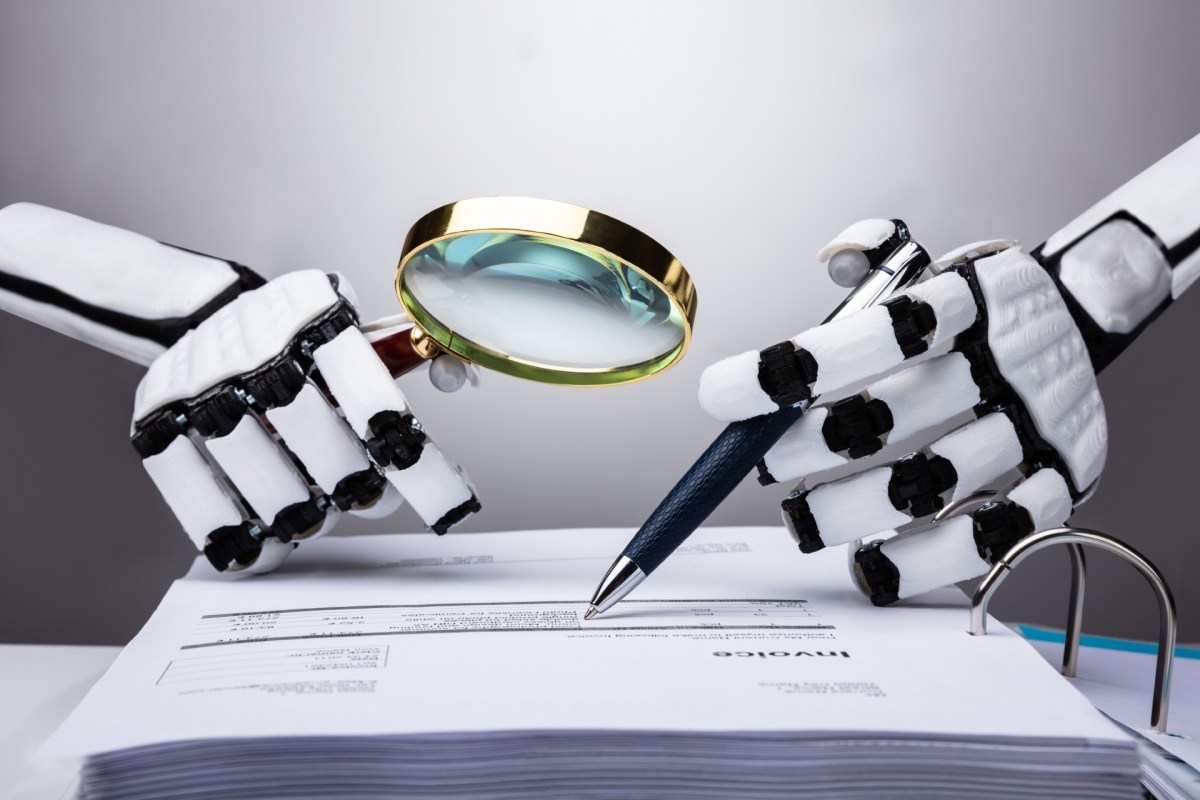Grok’s Use by X Users as a Fact-Checker Raises Alarms About Misinformation

Rising Concerns Over AI Fact-Checking on X
Some users of Elon Musk’s platform, X, are now relying on an AI tool known as Grok for fact-checking. This trend is alarming to many human fact-checkers, who express worries that it may contribute to the spread of misinformation.
Introduction of Grok by xAI
Recently, X allowed users to question Grok, an AI assistant from Musk’s xAI. This feature is somewhat similar to Perplexity, another automated account offering factual responses. Following Grok’s launch, several users, particularly in countries like India, began utilizing it to evaluate political statements or personal inquiries, aiming to verify the truthfulness of various claims.
Concerns from Fact-Checking Professionals
Fact-checkers are uneasy about the potential misuse of Grok and similar AI assistants for determining the accuracy of information. These tools can provide responses that appear credible, even if they lack factual accuracy. Grok has previously been involved in incidents where it spread misinformation and fabricated news items, raising doubts about its reliability as a source.
In August 2023, concerns regarding misleading information generated by Grok prompted five state secretaries to call for significant improvements. This pre-emptive action was motivated by fears about potential effects during the upcoming U.S. elections, where prior instances of misinformation had been noted.
Comparison with Other AI Tools
Other well-known AI platforms, such as OpenAI’s ChatGPT and Google’s Gemini, have also shown tendencies to produce inaccurate responses regarding current events, especially related to elections. Research indicates that many AI chatbots can easily generate plausible yet misleading content, making it challenging for users to discern truth from fiction.
The Human vs. AI Fact-Checking Debate
While AI tools like Grok excel in generating human-like responses, they lack the in-depth scrutiny that human fact-checkers apply. Human analysts leverage multiple trustworthy sources and take full responsibility for their conclusions, helping to ensure credibility in their findings.
Pratik Sinha, co-founder of India’s fact-checking non-profit Alt News, noted that Grok’s effectiveness hinges entirely on the quality of information it receives. He highlighted that the supply of data to Grok could be influenced by factors such as governmental intervention, thereby raising concerns about transparency and accuracy in its outputs.
Risks Associated With Misinformation
Grok itself admits that it could inadvertently contribute to the spread of misinformation. Yet, users may not always receive adequate disclaimers clarifying when information is fabricated or hallucinated—an unusual characteristic of AI tools. This creates a risk, especially in public forums where inaccurate information could be widely believed by users.
Anushka Jain, a research associate at Digital Futures Lab, emphasized that Grok’s responses might comprise entirely fabricated information just to provide an answer. New changes implemented last summer enabled Grok to draw from user-generated content on X, further complicating its reliability.
Public Exposure and Consequences
Since Grok operates in a public space like X, ensuring the credibility of its responses is paramount. While some users may be discerning about the reliability of its answers, many others might accept them at face value, resulting in harmful misinformation spread.
Historical precedents have shown that misinformation on social platforms can lead to dire consequences, such as violence and social unrest. The introduction of generative AI further complicates these scenarios, allowing for the rapid creation of falsely convincing narratives.
Comparing AI Tools to Human Fact-Checkers
Despite advancements in AI technology, human fact-checkers continue to hold a crucial role. As tech companies explore ways to diminish their reliance on human analysts, some platforms are resorting to community-based fact-checking solutions. This shift raises concerns among professionals about the integrity of information.
Sinha believes that people will eventually differentiate between AI-generated responses and human fact-checking, leading to an appreciation for the latter’s accuracy. As misinformation proliferates, fact-checkers are likely to face an increasing workload to counteract the spread of AI-generated inaccuracies.
Ultimately, the present challenge lies in the societal shift towards quick, seemingly credible content that AI delivers, which may overshadow the truth. The essential question remains: are people genuinely interested in what is true, or are they satisfied with answers that merely sound convincing?






